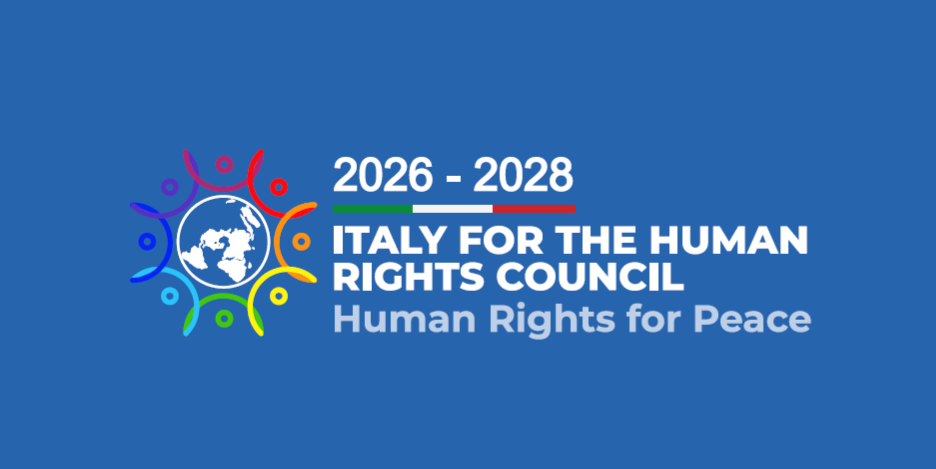Italy re-elected to the United Nations Human Rights Council for the 2026–2028 term

On October 14, 2025, the UN General Assembly confirmed Italy's candidacy for the Human Rights Council for the 2026-2028 term with 179 votes. Italy was the most voted country in the Western Group.
Angola, Chile, Ecuador, Egypt, Estonia, India, Iraq, Mauritius, Pakistan, Slovenia, South Africa, the United Kingdom, and Vietnam were also elected alongside Italy.
This will be Italy's fourth term on the Human Rights Council, having previously served from 2019 to 2021, from 2011 to 2014, and from 2007 to 2010.
As mentioned in Italy’s candidature, key priorities during this term will be: fighting against all forms of discrimination; the protection of the rights of children, older persons and persons with disabilities; the defence of freedom of expression and religion or belief; and the preservation of cultural and religious heritage. Added to these is a historic battle for Italian diplomacy: the universal moratorium on the death penalty, the first step towards its complete abolition.
The Human Rights Council is a subsidiary body of the General Assembly, based in Geneva, with the task of promoting universal respect for and protection of human rights. It is composed of 47 member states (13 from Asia-Pacific, 13 from Africa, 8 from Latin America, 7 from the Western European Group, and 6 from Eastern Europe), elected by rotation by the General Assembly for a period of three years, renewable no more than twice consecutively.
To carry out its mandate, the Council has several “mechanisms” at its disposal, in particular the Universal Periodic Review (UPR) and Special Procedures (Special Rapporteurs, Independent Experts). In addition, the Council has established an individual complaints procedure and numerous subsidiary bodies, including the Advisory Committee composed of independent experts.
The Council is open to the participation of NGOs with consultative status with ECOSOC, which may attend meetings and submit written documents.

